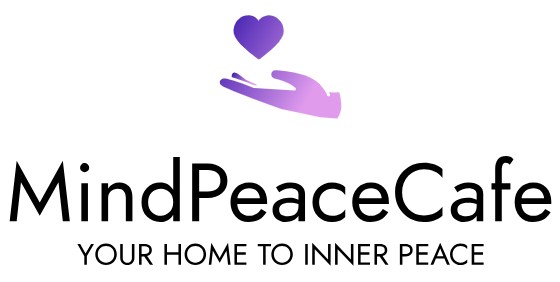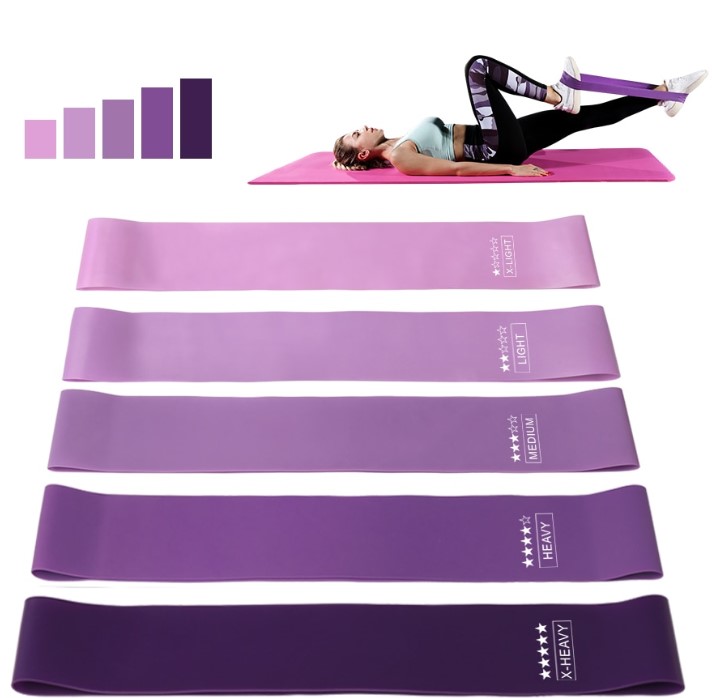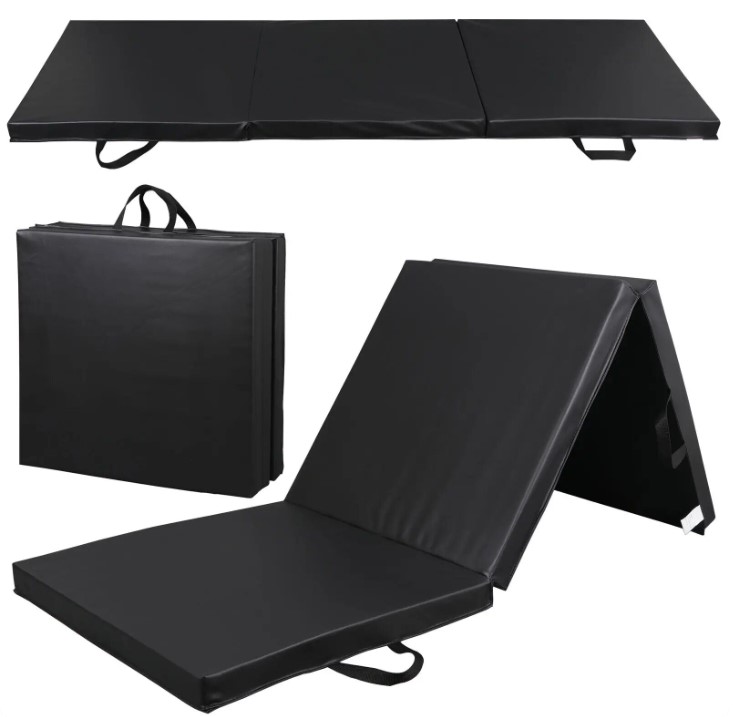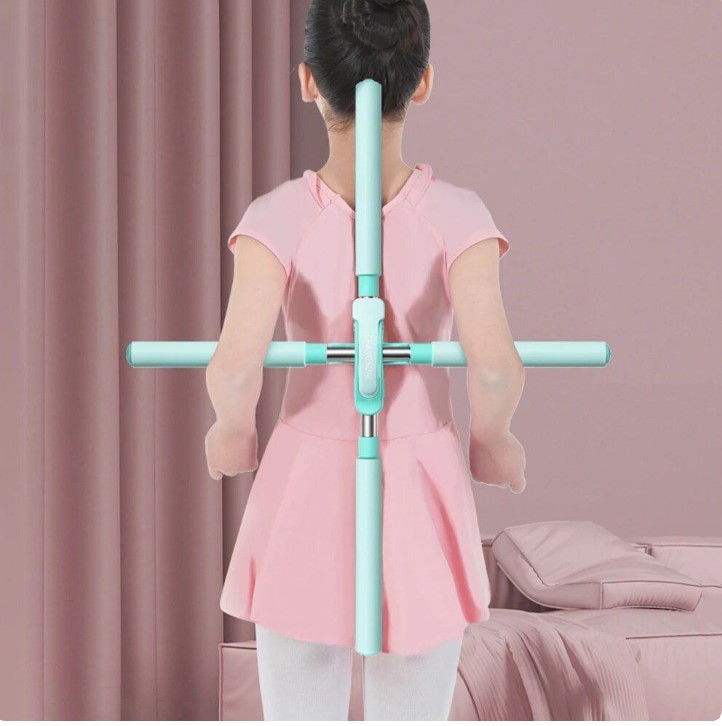Transform Your Life in Just 21 Days with a Proven Path to Inner Peace and Calm

Are you tired of feeling overwhelmed and stressed? Do you wish you could find a sense of calm and inner peace in your daily life? Meditation is a powerful tool that can help you achieve just that. By committing to a 21-day meditation challenge, you can transform your life and unlock a sense of calm and clarity that you never thought possible.
In today’s fast-paced world, it’s easy to get caught up in the hustle and bustle and forget to take care of ourselves. But what if you could take just a few minutes each day to quiet your mind, focus on your breath, and tap into a sense of inner peace? Meditation is a simple yet powerful practice that can help you do just that. And with this 21-day meditation challenge, you’ll be guided every step of the way to help you succeed.
Throughout this journey, you’ll learn the science-backed benefits of meditation, how to prepare for your challenge, and how to overcome common obstacles that may arise. You’ll also discover different meditation techniques, such as mindfulness, loving-kindness, and transcendental meditation, to help you find what works best for you. By the end of these 21 days, you’ll be able to incorporate meditation into your daily routine, reducing stress and anxiety, and increasing your overall sense of well-being. So take a deep breath, get comfortable, and let’s get started on this transformational journey together!
1. Unlock the Power of Meditation
Meditation is a powerful tool that has been used for centuries to unlock the full potential of the human mind. By incorporating meditation into your daily routine, you can experience a profound impact on your physical, emotional, and mental well-being. The science-backed benefits of meditation are numerous, ranging from reducing stress and anxiety to improving sleep quality and increasing focus and concentration.
One of the most significant benefits of meditation is its ability to rewire the brain, reducing the production of stress hormones like cortisol and increasing the production of feel-good hormones like dopamine and serotonin. This can lead to a decrease in anxiety and depression, and an increase in overall happiness and satisfaction. Meditation has also been shown to improve emotional regulation, allowing you to respond to challenging situations with greater clarity and composure.
By incorporating meditation into your daily life, you can experience a transformation that goes beyond just reducing stress and anxiety. Meditation can help you cultivate a greater sense of self-awareness, compassion, and empathy, leading to more meaningful relationships and a greater sense of purpose. Whether you’re looking to improve your mental health, increase your productivity, or simply find a sense of calm and clarity, meditation is a powerful tool that can help you achieve your goals.
Meditation 101: What You Need to Know
Meditation is a timeless practice that has been used for centuries to cultivate inner peace, clarity, and wisdom. With its roots in ancient Eastern cultures, meditation has evolved over time to become a universal practice that can be adapted to suit any lifestyle. From its origins in Buddhism and Hinduism to its modern-day applications in therapy and mindfulness, meditation has been a powerful tool for transforming lives.
There are numerous types of meditation, each with its unique benefits and techniques. Mindfulness meditation, for instance, focuses on being present in the moment, while loving-kindness meditation cultivates compassion and empathy. Transcendental meditation, on the other hand, uses mantras to quiet the mind and access deeper states of consciousness. Regardless of the type, meditation has been shown to have a profound impact on both physical and mental health, reducing stress and anxiety, improving sleep quality, and boosting mood and cognitive function.
Whether you’re a seasoned practitioner or just starting out, meditation is a journey that can be tailored to meet your unique needs and goals. By understanding the basics of meditation, including its history, types, and benefits, you can begin to unlock its full potential and experience the transformative power of this ancient practice. So take a deep breath, get comfortable, and let’s embark on this journey of discovery and growth!
The Science Behind Meditation: Reducing Stress and Anxiety
Imagine being able to reduce stress and anxiety with a simple, yet powerful, practice that’s been backed by science. Meditation has been shown to have a profound impact on the brain and body, calming the mind and reducing symptoms of stress and anxiety. But how does it work? The latest research reveals that meditation affects the brain’s stress response system, reducing the production of stress hormones like cortisol and adrenaline. This, in turn, leads to a decrease in anxiety and stress, and an increase in feelings of calm and relaxation.
Studies have also shown that meditation can actually change the structure of the brain, increasing gray matter in areas related to emotional regulation, attention, and memory. This means that regular meditation practice can lead to long-term improvements in mental health and well-being. Furthermore, meditation has been shown to reduce inflammation, improve sleep quality, and boost the immune system, all of which are critical for reducing stress and anxiety.
The science behind meditation is clear: it’s a powerful tool for reducing stress and anxiety, and improving overall well-being. By incorporating meditation into your daily routine, you can experience the transformative power of this ancient practice for yourself. Whether you’re looking to reduce stress, improve your mood, or simply feel more calm and centered, meditation is a simple yet powerful way to achieve your goals.
2. Prepare for Your 21-Day Meditation Challenge
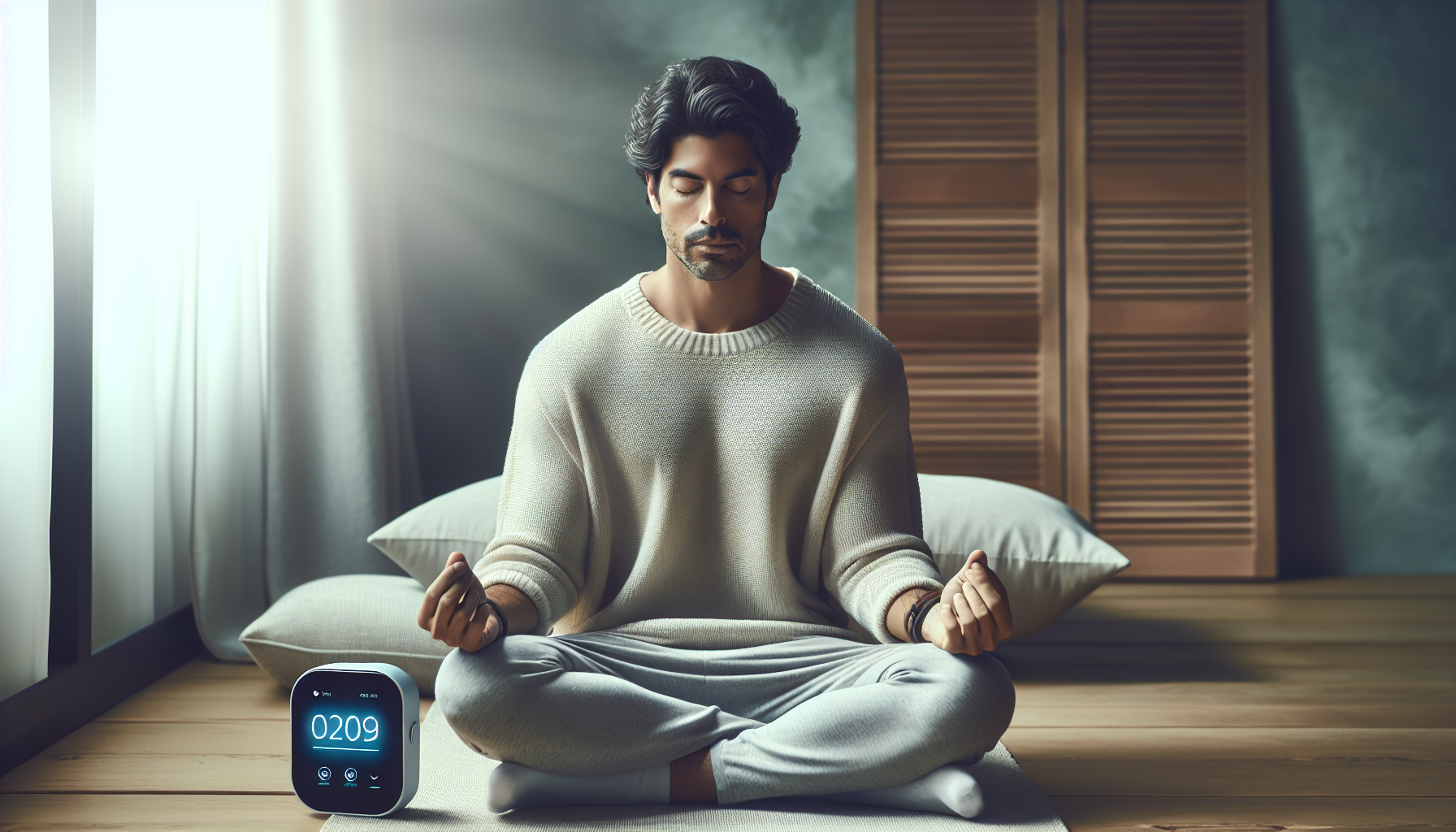
Congratulations on taking the first step towards committing to calm! Embarking on a 21-day meditation challenge requires dedication, but with the right mindset and preparation, you can set yourself up for success. Before you begin, take a few moments to reflect on your goals and what you hope to achieve from this challenge. What do you want to accomplish? Do you want to reduce stress, improve your sleep, or simply feel more calm and centered? By setting clear intentions, you’ll be more motivated to stick to your practice and see meaningful results.
To get started, you’ll need a few essential resources, including a quiet and comfortable space to meditate, a meditation cushion or chair, and a timer or guided meditation app. You can also explore different meditation techniques, such as mindfulness, loving-kindness, or transcendental meditation, to find what works best for you. Don’t be afraid to experiment and try new things – the key is to find a practice that you enjoy and can commit to.
Remember, the most important thing is to approach this challenge with an open and non-judgmental mind. Don’t worry if you miss a day or struggle to quiet your mind – simply acknowledge the thought and gently bring your attention back to your breath. With patience, persistence, and the right mindset, you can overcome any obstacles and achieve the calm, clarity, and inner peace you desire. So take a deep breath, get comfortable, and let’s get started on this transformative journey!
Setting Your Intentions: What Do You Want to Achieve?
Before you begin your 21-day meditation challenge, take a few moments to reflect on your goals and what you hope to achieve. What do you want to gain from this experience? Do you want to reduce stress and anxiety, improve your sleep, or simply feel more calm and centered? By setting clear intentions, you’ll be more focused and motivated to stick to your practice and see meaningful results.
Perhaps you’re looking to improve your mental clarity and focus, or maybe you’re seeking to cultivate a greater sense of compassion and empathy. Whatever your goals may be, take a moment to write them down and reflect on what they mean to you. This will help you stay committed to your practice and make the most out of your meditation challenge. Remember, the power of meditation lies in its ability to transform your life from the inside out, so don’t be afraid to dream big and set intentions that will have a profound impact on your well-being.
As you set your intentions, remember to be kind and compassionate to yourself. This meditation challenge is a journey, not a destination, and it’s okay to take things one step at a time. By setting realistic and achievable goals, you’ll be more likely to stay motivated and see the results you desire. So take a deep breath, reflect on your intentions, and get ready to embark on this transformative journey!
Choosing the Right Meditation Technique for You
With so many meditation techniques to choose from, it can be overwhelming to determine which one is right for you. But don’t worry, exploring different techniques is all part of the meditation journey! From mindfulness and loving-kindness to transcendental meditation and more, each technique offers a unique approach to cultivating inner peace and calm. Mindfulness meditation, for example, focuses on being present in the moment, observing your thoughts and emotions without judgment. Loving-kindness meditation, on the other hand, cultivates compassion and empathy towards yourself and others.
Transcendental meditation, which involves repeating a mantra to quiet the mind, has been shown to reduce stress and anxiety, while movement meditation, such as yoga or tai chi, combines physical movement with mindfulness. Guided meditation, which involves following a guided audio or video, can be especially helpful for beginners or those who struggle to quiet their minds. Whatever technique you choose, remember that the goal is to find what works best for you and your lifestyle.
The key is to experiment with different techniques and find what resonates with you. Don’t be afraid to try new things and mix it up – you might find that a combination of techniques works best for you. By choosing the right meditation technique, you’ll be more likely to stick to your practice and experience the many benefits that meditation has to offer. So take a deep breath, get curious, and start exploring the many meditation techniques available to you!
3. Day 1-7: Building a Strong Foundation
Congratulations on taking the first step towards transforming your life with meditation! The next 7 days are crucial in building a strong foundation for your meditation practice. During this time, you’ll focus on developing a consistent routine, quieting your mind, and cultivating a sense of calm and clarity. Start by committing to a daily meditation practice, even if it’s just 5-10 minutes a day. Consistency is key, so try to meditate at the same time every day, such as first thing in the morning or before bed.
For the first 7 days, focus on simple mindfulness exercises, such as breathing awareness or body scan meditation. These exercises will help you develop greater awareness of your thoughts, emotions, and physical sensations. Remember to be gentle with yourself and don’t worry if your mind wanders – simply acknowledge the thought and gently bring your attention back to your breath. As you progress, you’ll start to notice subtle changes in your mood, energy levels, and overall well-being.
To keep you motivated, try to track your progress, whether it’s through a meditation app or a journal. Celebrate your small wins, no matter how insignificant they may seem. And don’t be afraid to reach out to friends or family members for support – having a meditation buddy can make all the difference. By the end of these 7 days, you’ll have established a strong foundation for your meditation practice, and you’ll be ready to take on more advanced techniques and challenges. Keep going, you’re on the right track!
Day 1: Getting Started with Mindfulness Meditation
Welcome to Day 1 of your meditation journey! Today, we’re going to start with a simple yet powerful mindfulness meditation exercise to calm your mind and focus on the present. Mindfulness meditation is all about being present in the moment, observing your thoughts and emotions without judgment. It’s a great way to reduce stress and anxiety, and increase your overall sense of well-being. To get started, find a quiet and comfortable place to sit, either on a chair or on a cushion on the floor.
Close your eyes and take a few deep breaths, feeling the breath move in and out of your body. Bring your attention to your breath, focusing on the sensation of the air moving in and out of your nostrils. When your mind starts to wander (and it will!), gently acknowledge the thought and bring your attention back to your breath. Don’t try to control your breathing or change it in any way, just observe it as it is. Start with just 5-10 minutes a day, and remember to be gentle with yourself. You can do this!
Remember, the goal of mindfulness meditation isn’t to achieve a specific state or stop your thoughts completely, but to cultivate awareness and acceptance of the present moment. By doing so, you’ll start to notice a sense of calm and clarity that will stay with you throughout the day. So take a deep breath, relax, and let’s get started on this meditation journey together!
Days 2-7: Overcoming Common Obstacles and Staying Motivated
As you continue on your meditation journey, you may encounter some common obstacles that can derail your progress. Don’t worry, it’s normal! Lack of time, distractions, and self-doubt are just a few of the challenges you may face. But with the right mindset and strategies, you can overcome these obstacles and stay motivated. Remember, the key is to be consistent and patient with yourself. Even 5-10 minutes of meditation a day can be beneficial, so don’t get discouraged if you can’t find a full hour.
One effective way to overcome distractions is to create a conducive meditation environment. Find a quiet and comfortable space where you can meditate without interruptions. You can also try using a meditation app or guided meditation to help you stay focused. And if you’re struggling to find time, try incorporating meditation into your daily routine, such as right after waking up or before bed. Consistency is key, so find a schedule that works for you and stick to it.
Staying motivated is also crucial to your meditation journey. Reward yourself for reaching small milestones, such as completing a certain number of meditation sessions. You can also share your progress with friends or family members to get their support and encouragement. And most importantly, remember why you started meditating in the first place. Whether it’s to reduce stress, improve your mood, or increase your focus, keep your goals in mind and celebrate your progress along the way.
4. Days 8-14: Deepening Your Practice
Now that you’ve established a solid foundation for your meditation practice, it’s time to take it to the next level! In these next 7 days, we’ll explore advanced techniques and tips to help you deepen your practice and experience even greater benefits. One of the most powerful techniques is loving-kindness meditation, which focuses on cultivating compassion and empathy towards yourself and others. By incorporating loving-kindness meditation into your daily routine, you can develop a greater sense of emotional intelligence, empathy, and kindness.
Another advanced technique is body scan meditation, which involves paying attention to different parts of your body and releasing any tension or discomfort. This technique can help you cultivate greater awareness of your body and release physical and emotional blockages. We’ll also explore other advanced techniques, such as transcendental meditation and visualization, to help you tap into your full potential and experience a deeper sense of inner peace and calm.
Remember, the key to deepening your meditation practice is to be consistent and patient. Don’t be discouraged if your mind wanders or if you encounter challenges along the way. With persistence and dedication, you can overcome any obstacles and experience the transformative power of meditation. So let’s dive deeper into these advanced techniques and take your meditation practice to the next level!
Days 8-10: Introducing Loving-Kindness Meditation
Loving-kindness meditation is a powerful practice that can help you cultivate compassion, empathy, and kindness towards yourself and others. By incorporating loving-kindness meditation into your daily routine, you can experience a deeper sense of connection and understanding with others, and develop a greater sense of self-love and self-acceptance. This practice is based on the principle of cultivating positive emotions and thoughts, and can be a powerful tool for overcoming negative emotions and behaviors.
To practice loving-kindness meditation, start by focusing on your breath and calming your mind. Then, repeat phrases such as ‘May I be happy, may I be healthy, may I be at peace’ to yourself and others. You can also visualize a warm and comforting light spreading from your heart to others, filling them with kindness and compassion. As you practice loving-kindness meditation, remember to be gentle and patient with yourself, and don’t worry if your mind wanders. With consistent practice, you can develop a greater sense of loving-kindness and compassion towards yourself and others.
The benefits of loving-kindness meditation are numerous, ranging from increased feelings of joy and happiness to improved relationships and social connections. By cultivating loving-kindness, you can develop a greater sense of empathy and understanding towards others, and become more compassionate and caring towards yourself and others. So take a few minutes each day to practice loving-kindness meditation, and experience the transformative power of kindness and compassion in your life.
Days 11-14: Working with Emotions and Building Resilience
As we navigate the ups and downs of life, we’re bound to encounter challenging situations that can trigger strong emotions. But what if you could learn to work with those emotions, rather than letting them control you? Through meditation, you can develop the resilience to handle even the most difficult situations with grace and ease. By cultivating a greater sense of self-awareness, you can recognize when emotions are arising and take a step back to observe them, rather than getting caught up in them.
One of the most effective ways to work with emotions is to practice mindfulness meditation. By focusing on the present moment, you can learn to acknowledge and accept your emotions, rather than trying to suppress or deny them. This can help you develop a greater sense of emotional intelligence, and respond to challenging situations in a more thoughtful and intentional way. Additionally, by cultivating a sense of compassion and kindness towards yourself, you can develop a greater sense of resilience and ability to bounce back from adversity.
Remember, building resilience is a journey, not a destination. It takes time and practice to develop the skills and strategies necessary to navigate life’s challenges with ease. But with consistent meditation practice, you can develop a greater sense of confidence and self-awareness, and learn to approach even the most difficult situations with a sense of courage and curiosity. So take a deep breath, and let’s dive into the next stage of our meditation journey!
5. Days 15-21: Sustaining Your Progress and Beyond
Congratulations on making it to the final stage of our 21-day meditation challenge! By now, you’ve likely experienced a significant shift in your mental and emotional state, and are starting to reap the many benefits of meditation. But the journey doesn’t stop here. In fact, the most important part of our meditation journey is just beginning – sustaining your progress and integrating meditation into your daily life.
To do this, it’s essential to make meditation a non-negotiable part of your daily routine. This means setting aside a specific time each day to meditate, and making it a priority. You can also try to incorporate meditation into your daily activities, such as taking a few deep breaths before a meeting or noticing the sensations in your body while you’re walking. By making meditation a habit, you’ll be able to maintain your momentum and continue to reap the benefits of meditation.
Remember, the goal of meditation isn’t to achieve a specific state or feeling, but to cultivate a sense of awareness and presence in your daily life. By doing so, you’ll be able to approach life’s challenges with greater ease and confidence, and live a more fulfilling and meaningful life. So take a deep breath, and let’s celebrate your success in completing our 21-day meditation challenge! May meditation continue to be a powerful tool in your life, and may you continue to grow and thrive in all that you do.
Days 15-18: Integrating Meditation into Your Daily Routine
As we’ve explored the many benefits of meditation, it’s likely that you’re eager to make it a regular part of your daily routine. But how do you do that, especially on the busiest of days? The key is to start small and be intentional about incorporating meditation into your daily schedule. Begin by setting aside just 5-10 minutes each day to meditate, and gradually increase the amount of time as you become more comfortable with the practice.
One of the most effective ways to incorporate meditation into your daily routine is to anchor it to an existing habit. For example, you could try meditating first thing in the morning, or right before bed. This will help you create a consistent routine and make meditation a non-negotiable part of your daily life. You could also try incorporating meditation into your daily commute, or during your lunch break. The key is to find a time that works for you and stick to it.
Remember, the goal of meditation isn’t to achieve a specific state or feeling, but to cultivate a sense of awareness and presence in your daily life. By incorporating meditation into your daily routine, you’ll be able to approach life’s challenges with greater ease and confidence, and live a more fulfilling and meaningful life. So take a deep breath, and let’s explore the many ways to incorporate meditation into your daily routine.
Days 19-21: Maintaining Motivation and Overcoming Plateaus
As we near the end of our 21-day meditation challenge, it’s natural to feel a sense of accomplishment and pride in the progress we’ve made. However, it’s also common to experience a plateau, where our motivation and enthusiasm start to wane. This is a normal part of the journey, and it’s precisely at this moment that we need to remind ourselves of the many benefits of meditation and why we started this journey in the first place.
To stay motivated and overcome plateaus, it’s essential to mix up our meditation routine and try new things. This could mean exploring different types of meditation, such as loving-kindness or transcendental meditation, or incorporating physical movement into our practice. We could also try meditating with a friend or family member, or joining a meditation group to stay accountable and inspired. By shaking things up and trying new approaches, we can reignite our passion and enthusiasm for meditation.
Remember, the key to maintaining motivation and overcoming plateaus is to focus on the journey, not the destination. Meditation is a lifelong journey, and it’s okay to take things one step at a time. By staying committed to our practice and celebrating our small wins, we can ensure a lifelong commitment to meditation and continue to reap its many benefits. So let’s take a deep breath, and celebrate the incredible progress we’ve made so far!
How often should I meditate to see results?
Consistency is key when it comes to meditation. Aim to meditate at least 3-5 times a week, with a minimum of 5-10 minutes per session. As you progress, you can increase the frequency and duration to see greater benefits.
What if I find my mind wandering during meditation?
It’s completely normal for your mind to wander during meditation. Gently acknowledge the thought and refocus your attention on your breath or chosen meditation object. Don’t get discouraged – it’s all part of the process.
Can I meditate with music or guided recordings?
Yes, meditating with music or guided recordings can be helpful, especially for beginners. These tools can help create a peaceful atmosphere, guide your meditation, and enhance your focus. Feel free to experiment and find what works best for you.
How do I stay motivated to meditate regularly?
To stay motivated, try setting a specific meditation schedule, tracking your progress, and rewarding yourself for milestones achieved. You can also find a meditation buddy or join a meditation group to stay accountable and inspired.
What if I’m not feeling any benefits from meditation?
It’s normal to not feel immediate benefits from meditation. Be patient, and remember that meditation is a journey. Focus on the process, not the outcome. With consistent practice, you’ll start to notice subtle changes in your thoughts, emotions, and behavior.
